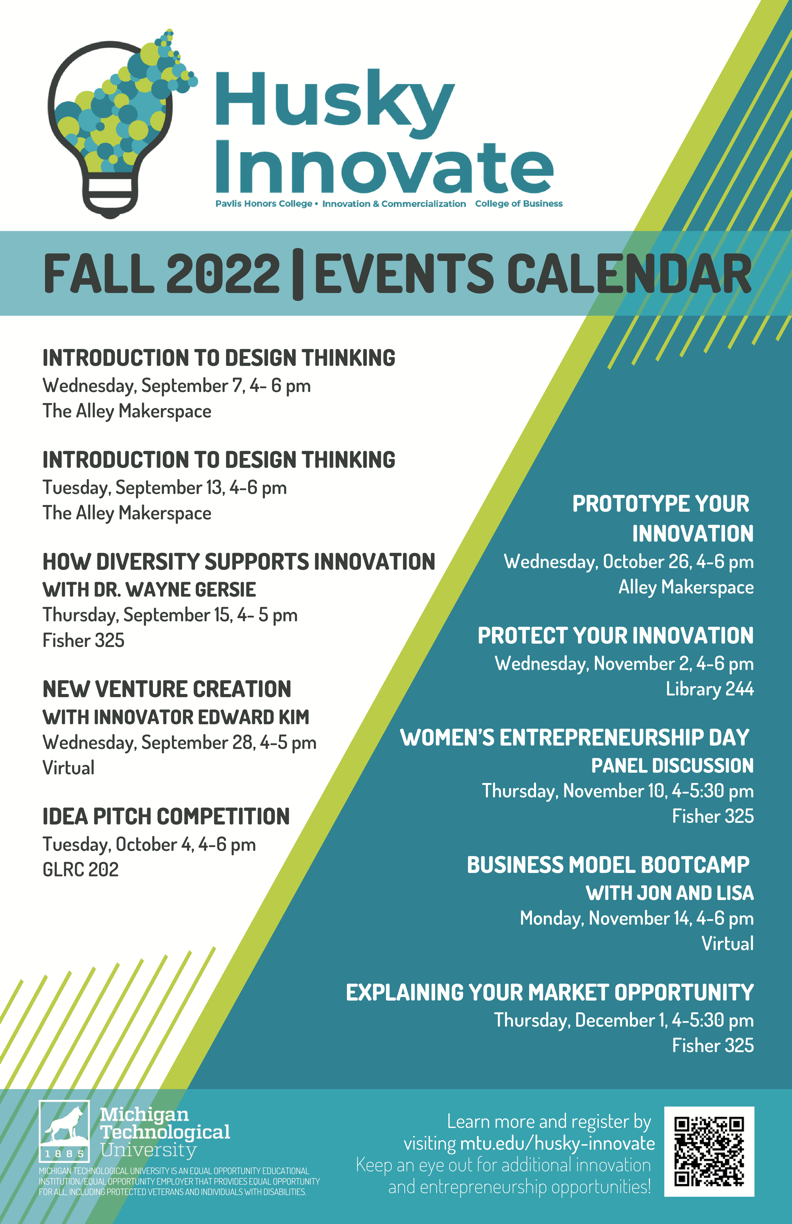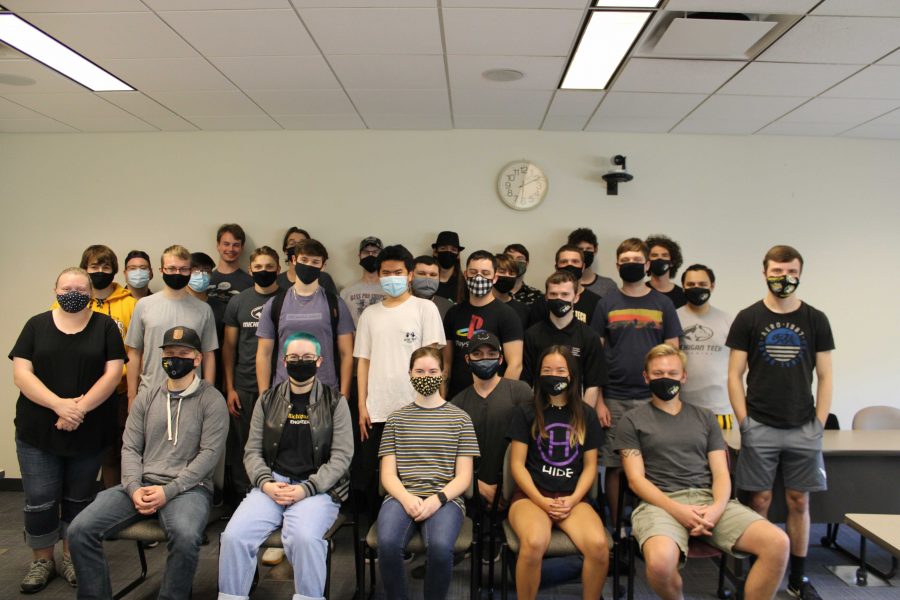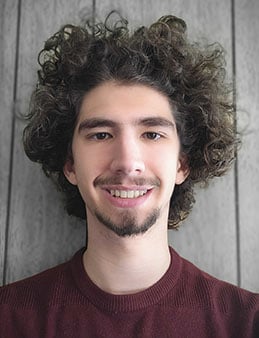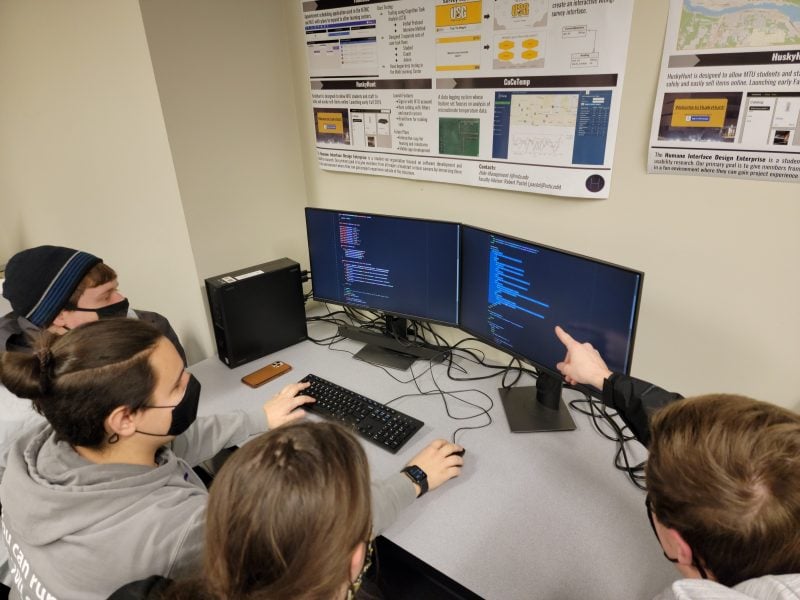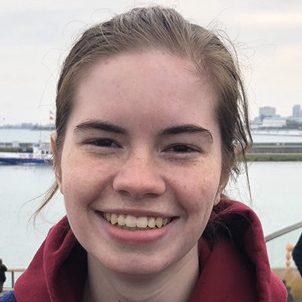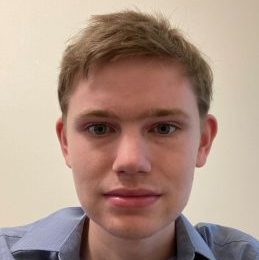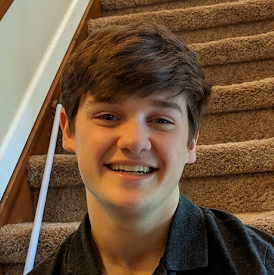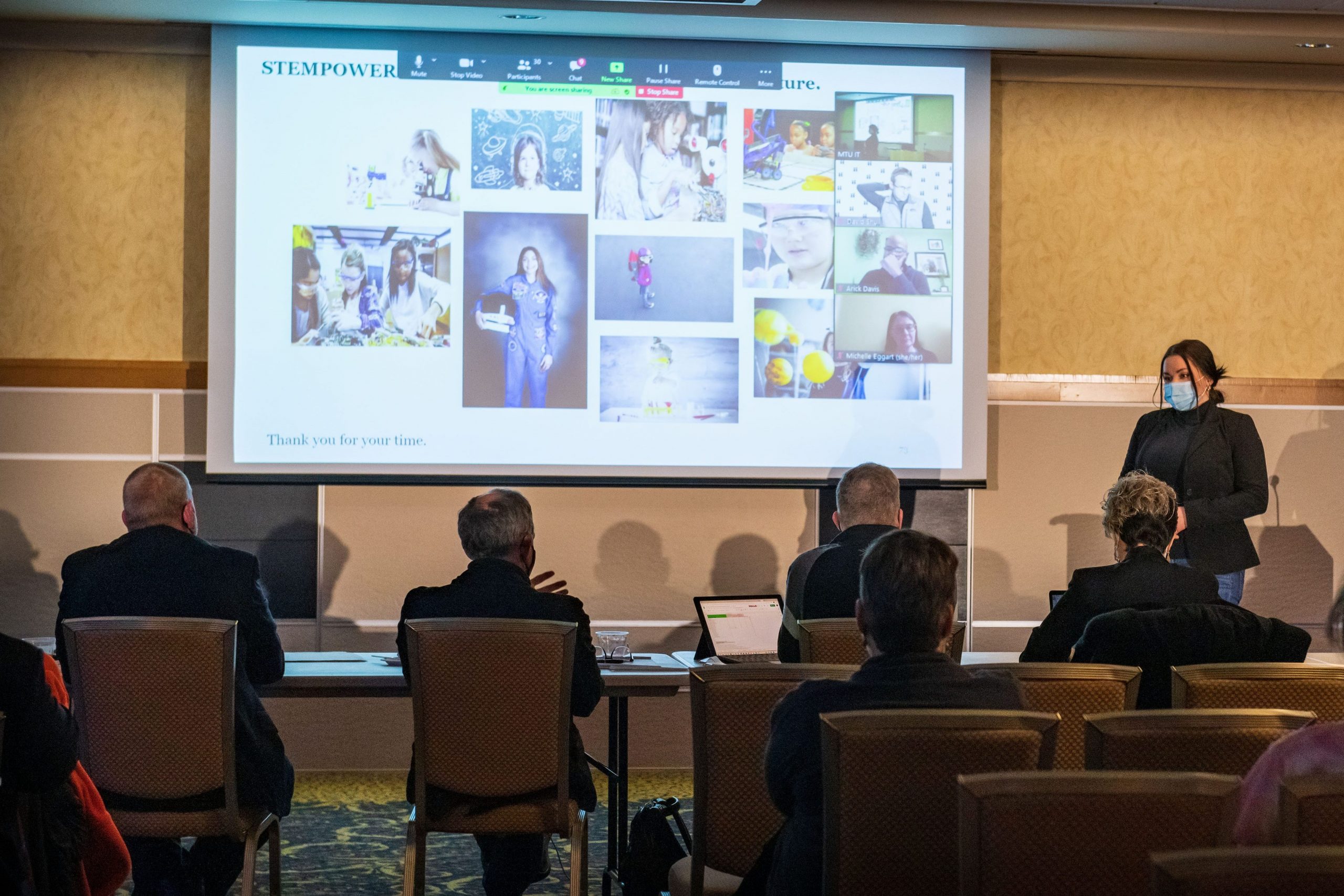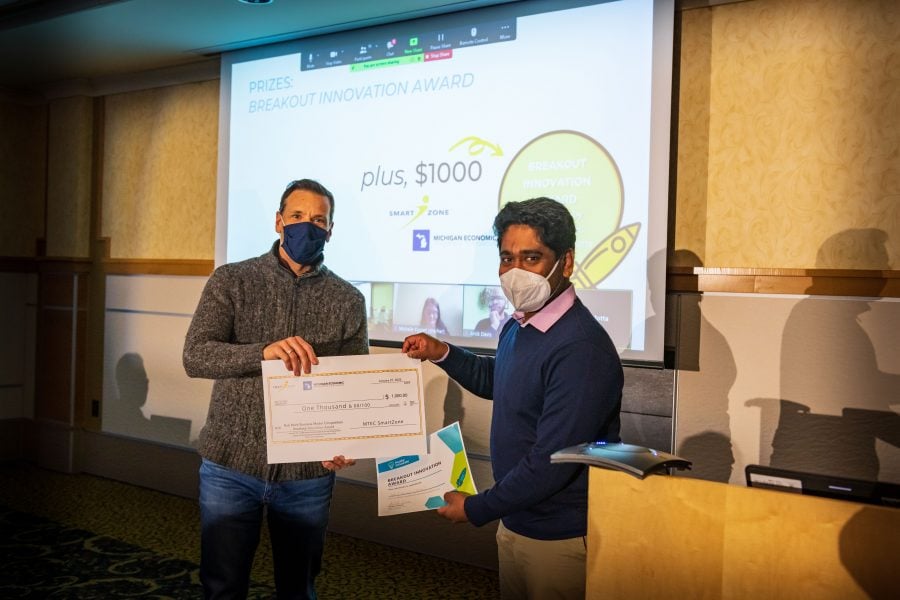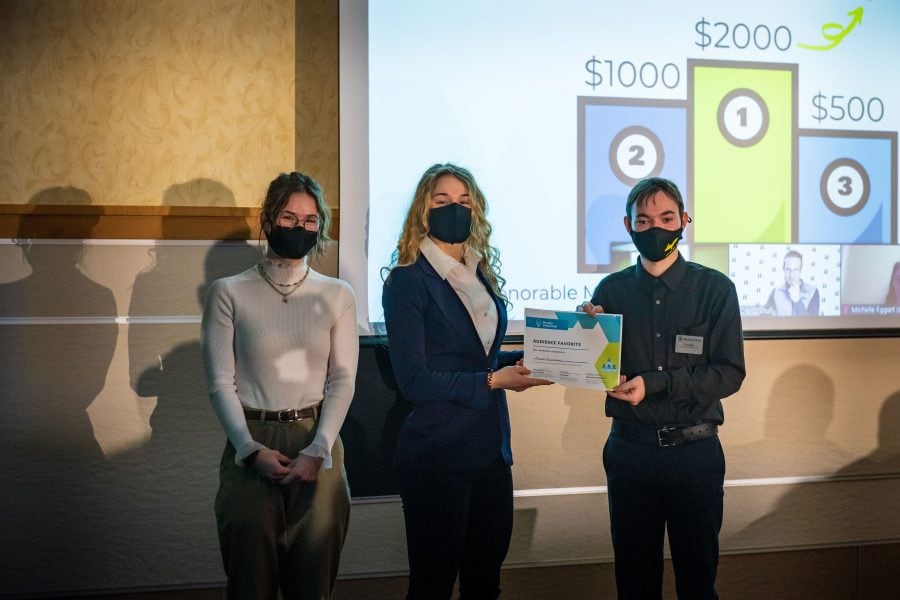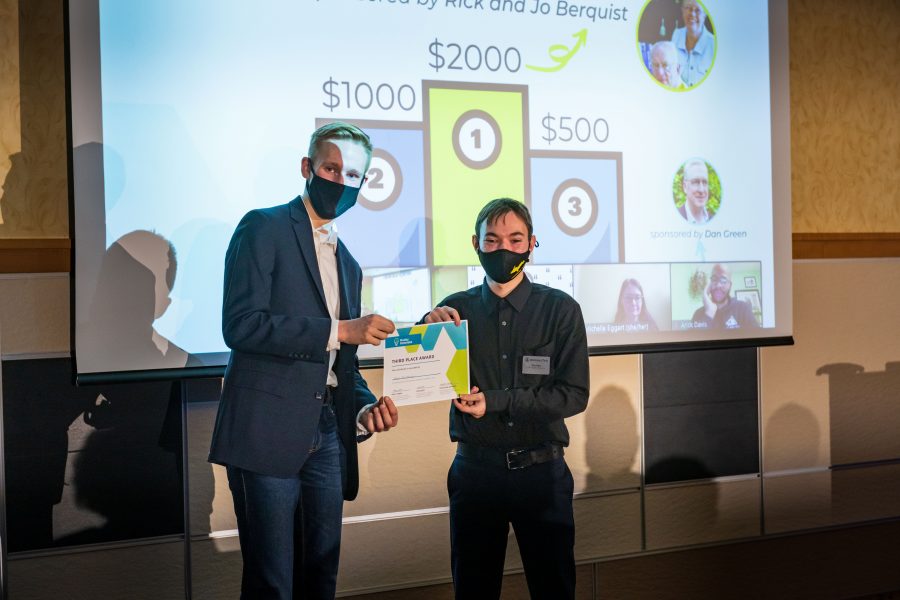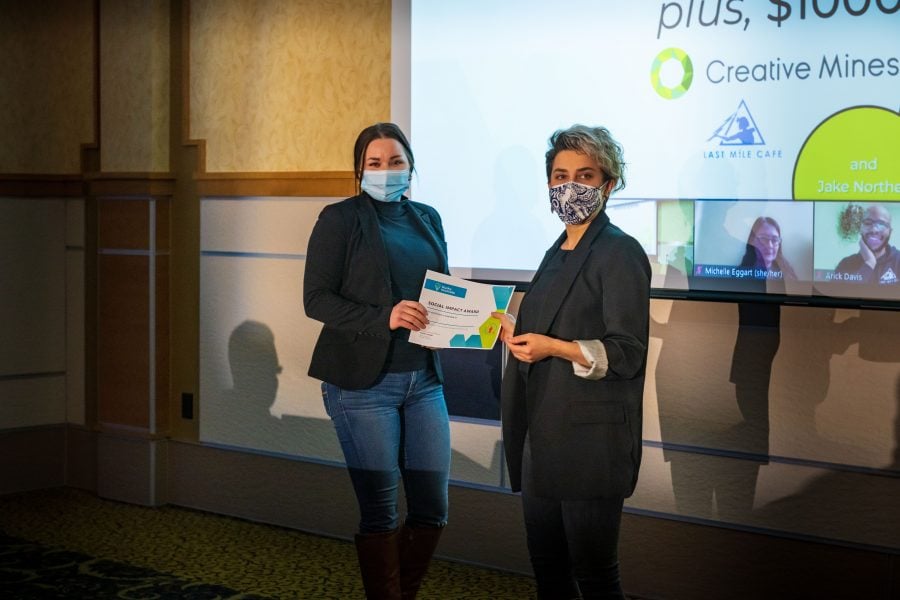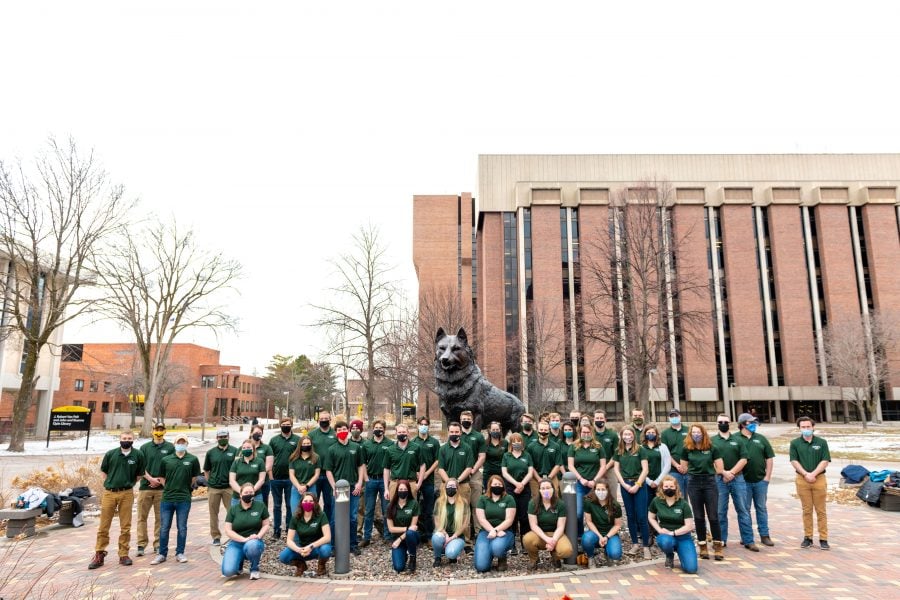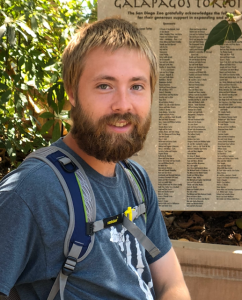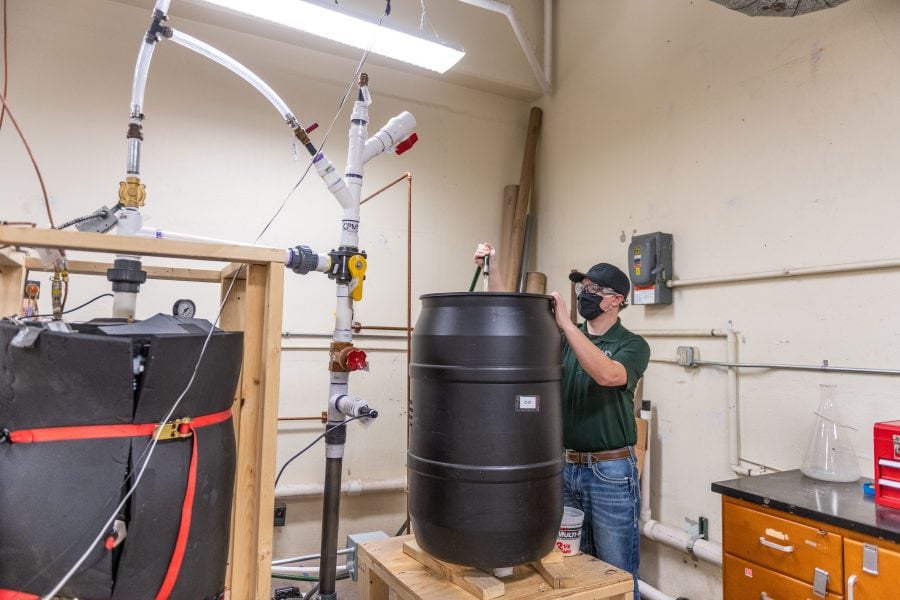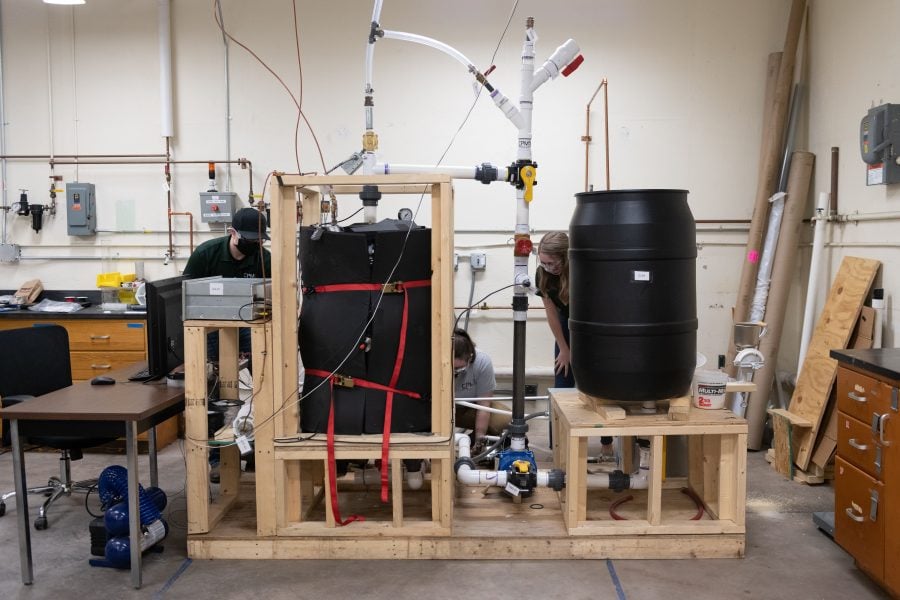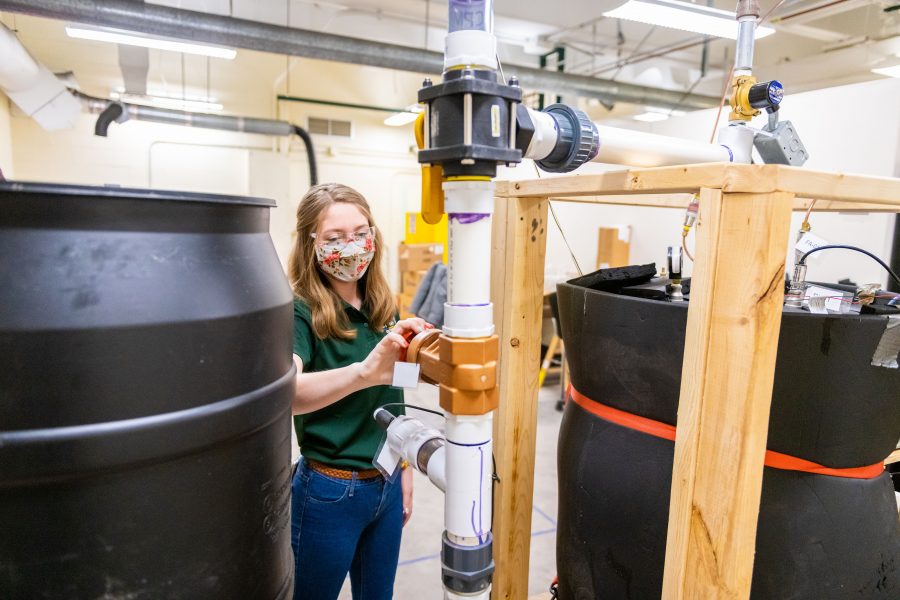The Pavlis Honors College is excited to announce the keynote speaker for this year’s Global and Community Engagement Conference is Dr. Kurt Paterson. Paterson is responsible for organizing the first D80 conference at Michigan Tech back in 2007 while he was an Adjunct Associate Professor in Civil and Environmental Engineering.
Kurt Paterson is a first-generation college graduate who grew up in a fairly humble Iowa neighborhood but managed to wander into a life of global engagement. Currently, he is a professor of engineering at James Madison University, where he was Head of Engineering for seven years. He is also serving the U.S. Department of State as Senior Sustainability Advisor and was recently named a Jefferson Science Fellow of the National Academies of Sciences, Engineering, and Medicine. In these capacities, he has championed the development of climate-sensitive operations to parallel the Department’s international climate diplomacy.
Prior to these efforts, Kurt was on Michigan Tech’s environmental engineering faculty and partnered with countless faculty, staff, students, and communities on global engagement programs and projects in more than 40 countries. Inspired by these successes at Tech, Kurt helped launch a nationwide community of practice through the American Society of Engineering Education, the Community Engagement Division.
In January 2023, to take engagement to a new scale, Kurt will become Director of The Polytechnic School at Arizona State University’s Fulton Schools of Engineering. Kurt currently lives in Washington, D.C. with his wife, two daughters, and Covid rescue puppy, the latter of which also started life in humble circumstances and is good at wandering.
The keynote presentation will be a featured program during the 2022 Global and Community Engagement Conference (formally known as D80 Conference). The Michigan Tech campus hosts this annual conference every fall to give a platform to the voices of those serving communities both domestically and abroad.
This year’s theme is “Re-energizing Our Communities Through Service” and the conference will be held on Saturday, October 29, 2022, from 9:00am – 3:00pm in the Memorial Union Ballroom – lunch will be provided. The conference is open to anyone interested in the development, design, and discovery of people and communities! Please register to attend by filling out this form.
In addition, faculty, staff, students, and local organizations are invited to participate in this event as presenters. We want to hear more about the work that you are doing! This is a great opportunity to share your recent studies, projects, or research with the community. Please consider submitting a 30-minute presentation proposal.
If you have any questions, please reach out to Darnishia Morris.

